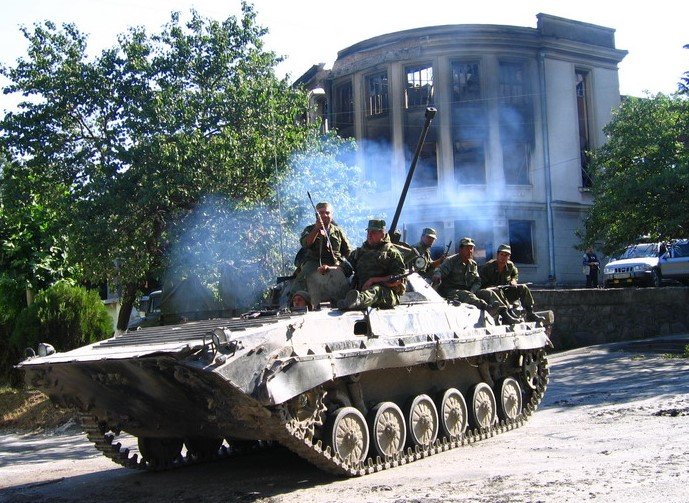In a recent statement, NATO has called on Russia to withdraw its military forces stationed in Georgia. This demand comes as part of NATO’s ongoing support for Georgia’s sovereignty and territorial integrity. The presence of Russian troops in the regions of South Ossetia and Abkhazia, which NATO considers part of Georgia, has been a point of contention since the 2008 Russia-Georgia war. NATO’s call for withdrawal underscores the alliance’s commitment to upholding international law and supporting its partners in the face of external aggression.
NATO’s Firm Stance on Russian Occupation
NATO’s demand for the withdrawal of Russian troops from Georgia is not a new development. The alliance has consistently supported Georgia’s territorial integrity and sovereignty since the 2008 conflict. During this war, Russia occupied the regions of South Ossetia and Abkhazia, which it later recognized as independent states. However, the international community, including NATO, continues to view these regions as integral parts of Georgia.
The recent statement from NATO reiterates this position, emphasizing that the presence of Russian forces in Georgia is a violation of international law. NATO’s Secretary General has called on Russia to respect Georgia’s borders and withdraw its troops immediately. This call is part of a broader effort to ensure stability and security in the region, which has been destabilized by Russian aggression.

NATO’s support for Georgia extends beyond diplomatic statements. The alliance has provided practical assistance to Georgia, including military training and support for defense reforms. This assistance is aimed at strengthening Georgia’s ability to defend itself and maintain its sovereignty in the face of external threats.
The Impact of Russian Troop Presence
The presence of Russian troops in Georgia has had significant implications for the region. It has created a security dilemma for Georgia, which must balance its desire for sovereignty with the reality of Russian military power. The occupation of South Ossetia and Abkhazia has also led to a humanitarian crisis, with thousands of people displaced from their homes.
NATO’s call for the withdrawal of Russian troops is a response to these challenges. The alliance recognizes that the presence of foreign troops in Georgia undermines the country’s stability and security. By calling for their withdrawal, NATO aims to support Georgia’s efforts to restore its territorial integrity and address the humanitarian issues caused by the occupation.
The international community has largely supported NATO’s stance on this issue. Many countries have condemned Russia’s actions and called for the withdrawal of its troops from Georgia. This international support is crucial for Georgia, as it seeks to navigate the complex geopolitical landscape of the region.
Georgia’s Path to NATO Membership
Georgia’s aspirations to join NATO have been a driving force behind its foreign policy since the early 2000s. The country has made significant progress in aligning its military and political systems with NATO standards. However, the presence of Russian troops in Georgia remains a major obstacle to its membership.
NATO has repeatedly affirmed its commitment to Georgia’s eventual membership. The alliance has stated that Georgia will become a member once it meets all the necessary requirements. This commitment was reaffirmed at the recent NATO summit, where leaders expressed their support for Georgia’s Euro-Atlantic aspirations.
The path to NATO membership is not without challenges. Georgia must continue to implement reforms and strengthen its democratic institutions. Additionally, the country must navigate the complex relationship with Russia, which views NATO expansion as a threat to its own security. Despite these challenges, Georgia remains committed to its goal of joining NATO and securing its place in the Euro-Atlantic community.
